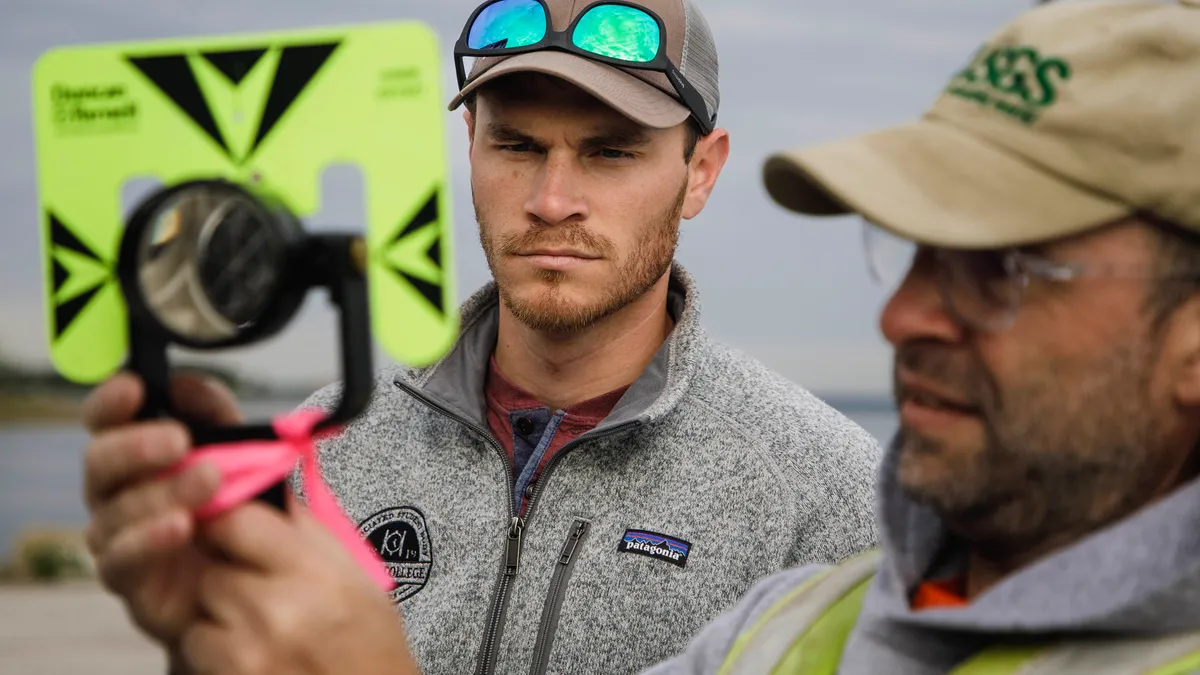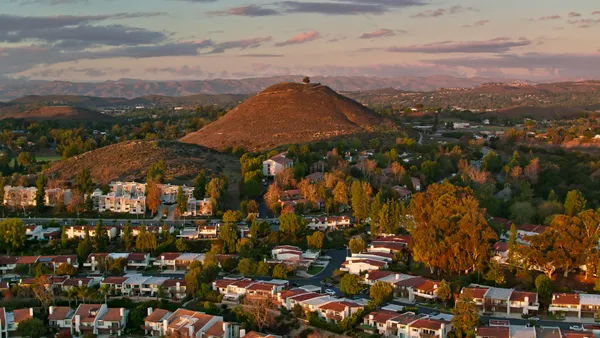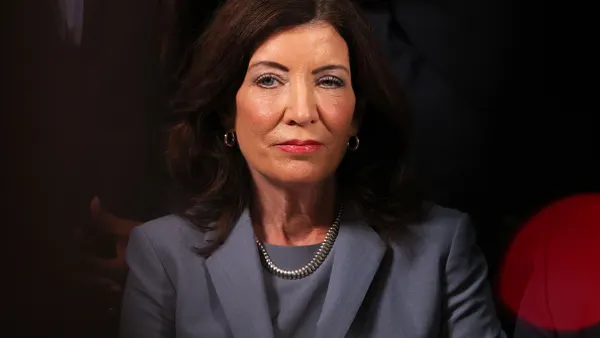Nine initiatives to train workers for coastal climate resilience jobs across the U.S. received $60 million from the National Oceanic and Atmospheric Administration on Tuesday.
“If we're going to ensure that American workers can take advantage of the jobs that we're creating by tackling climate change, then we have to be proactive about training folks so they have the skills they need to get the jobs that are available,” U.S. Secretary of Commerce Gina Raimondo said on a June 11 press call.
Once people participate in the workforce training initiatives, “we believe they'll be prepared for specific jobs in areas ranging from conservation to renewable energy, urban agriculture, green infrastructure, water management, emergency preparedness and many other fields,” she said.
The projects, expected to begin Aug. 1, will focus on recruiting people from disadvantaged communities disproportionately impacted by climate change, NOAA Administrator Rick Spinrad said in a statement. The Inflation Reduction Act-supported program will funnel $50 million directly into the workforce projects and use $10 million to provide those projects with technical assistance. The following nine projects will receive funding:
- Boston’s Office of Workforce Development will train more than 1,000 workers to implement climate resilience plans developed by the city and the state of Massachusetts. Job training areas will include nature-based solutions, water utility management, construction, emergency preparedness and response and community engagement, according to a NOAA document describing the projects.
- In Los Angeles County, a community college will use the funds to train and place workers in resilience-oriented jobs, particularly in the solar and water management industries.
- A project in Texas will focus on closing the diversity and skills gap in the state’s green workforce development efforts by supporting those from underserved communities.
- The Flood Mitigation Industry Association will spearhead a program in Louisiana to meet the state’s need for workers for federally funded flood mitigation projects. It will be offered in several languages, starting with Spanish. NOAA says the program will be translatable to coastal communities around the world.
- Ohio State University will focus on training climate-ready technicians, scientists and engineers as the state’s coastal communities face climate change impacts like worsening toxic algal blooms and reduced ice cover.
- A tribal government in Alaska will train a workforce focused on climate resilience approaches that incorporate Indigenous knowledge.
- A workforce training project in Washington will also integrate Indigenous knowledge into education; the goal is to produce leaders in co-stewardship, collaboration and climate resilience efforts that benefit affected tribal communities, the NOAA document says.
- The power authority in the U.S. territory of American Samoa will train individuals prepared to address climate hazards such as sea-level rise. The territory has some of the highest rates of relative sea-level rise in the world, NOAA says.
- In Puerto Rico and the U.S. Virgin Islands, a nonprofit focused on nature-based solutions will lead yet another workforce training initiative.
These nine projects were selected out of a pool of 95 applicants that requested a total of $615 million, Jonathan Pennock, director of NOAA’s National Sea Grant College Program, said on the June 11 press call.
“[That] was over 10 times what we had available,” Pennock said. “We think it shows the need and the demand in communities nationwide for programs like this.” He added that the selected projects are designed to become templates for programs nationwide.
NOAA will hold a public event to highlight the projects on Dec. 3 through Dec. 5 from 2 p.m. to 5 p.m. Eastern Time.













